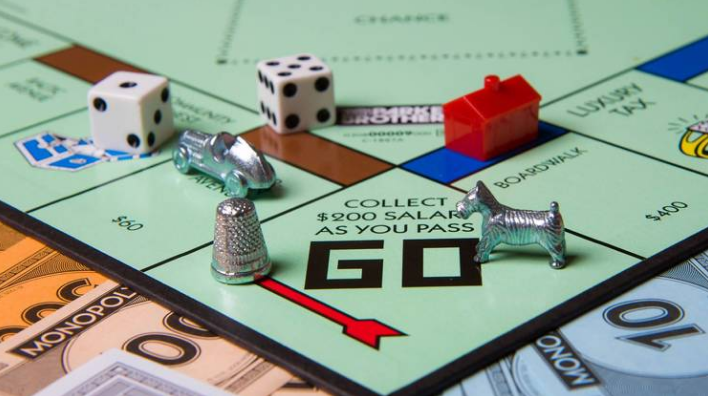
Asian cultures tend to create games and systems that are inherently cooperative, in which everyone wins or loses together as a team. America, by contrast, is an explicitly and proudly antagonistic culture that pits one side against the other in most every aspect of life. Win-lose competitions drive our society starting with our board games, through our sports competitions, our educational system, our legal system, our capitalist financial system, and right up through our highly prized political system of checks and balances.
But in a system where one must lose so the other can win, it’s tough to be a gracious loser and sometimes just as hard to be a gracious winner. Win-lose competitions often do not end well. Yes, once or twice a gracious loser will walk across the field and congratulate a similarly gracious winner. But if the game is imbalanced, that good sportsmanship cannot be maintained. If one side keeps losing and sees no hope of winning, the game quickly goes sour for both sides. That thrilling boxing match suddenly turns into a repulsive beatdown that forces every feeling person turn away in disgust, and neither the winner nor the loser walk away feeling good.
Win-lose competitions are great fun as long as both sides believe they can win. But when one player starts to fall behind, they might try to distract the other player so that they can shift a chess piece, or they might grab some monopoly money from the bank when no one is paying attention. As the game becomes more lopsided, cheating becomes ever more irresistible. Sometimes the cheating becomes so intense that the entire game is corrupted and sometimes, by tacit agreement, both parties just abandon the rules altogether.
If one player finally becomes convinced that they can never win, why should they continue to play at all? When a chess player finally accepts that they cannot compete against world-class masters, or a runner accepts that their knee injuries make them unable to compete and win, why continue to participate? Of course, they lose interest in the game, they decide it’s stupid anyway, they might even angrily claim the other side cheats, upturn the game board, and insist we play some other game.
That is analogous to what has been happening in our real-life competitive game of politics. The Right has long seen that they are losing at this game of democratic elections. They tried cheating, they engaged in the political equivalent of unsportsmanlike misconduct, they exploited and abused the rules of the game, but it is still clear that they will not win another fair electoral match in the foreseeable future. Obviously, their natural inclination is to overturn the board, to declare that Democracy is stupid anyway, to turn it into a WWF version of political performance art, and even to embrace dictatorship.
From the perspective of the side that has no hope of winning in a fair democratic election, a totalitarian dictatorship that is hopefully more aligned to your perspectives is a rationally desirable alternative. Even if that dictatorship does not serve your own self interest, overturning the chess board at least denies your opponent a win.
So the message here is that the Progressives have finally succeeded in their generational effort to convince Conservatives that they can no longer win the game election game in America. It should be perfectly understandable that, once internalizing that stark reality, the Conservatives tried to cheat, tried to change the rules, and are now engaged in overturning the entire game.
This impulse to abandon the game rather than keep losing is aggravated and reinforced by a simultaneously lopsided win-lose economic system in which it is clear that the ultra-wealthy have claimed the winning cup so completely that none of the rest of us, but particularly rank and file Conservatives, can ever hope to do more than pitch in the minor-leagues.
What, did we think that Conservatives would just walk across the Continental divide, shake our hands, congratulate us on a well-earned victory, and accede to the increasingly progressive will of the majority?
Of course not. Of course they prefer to overturn the game, and end Democracy altogether, rather than lose at the competitive win-lose game that we have made it.